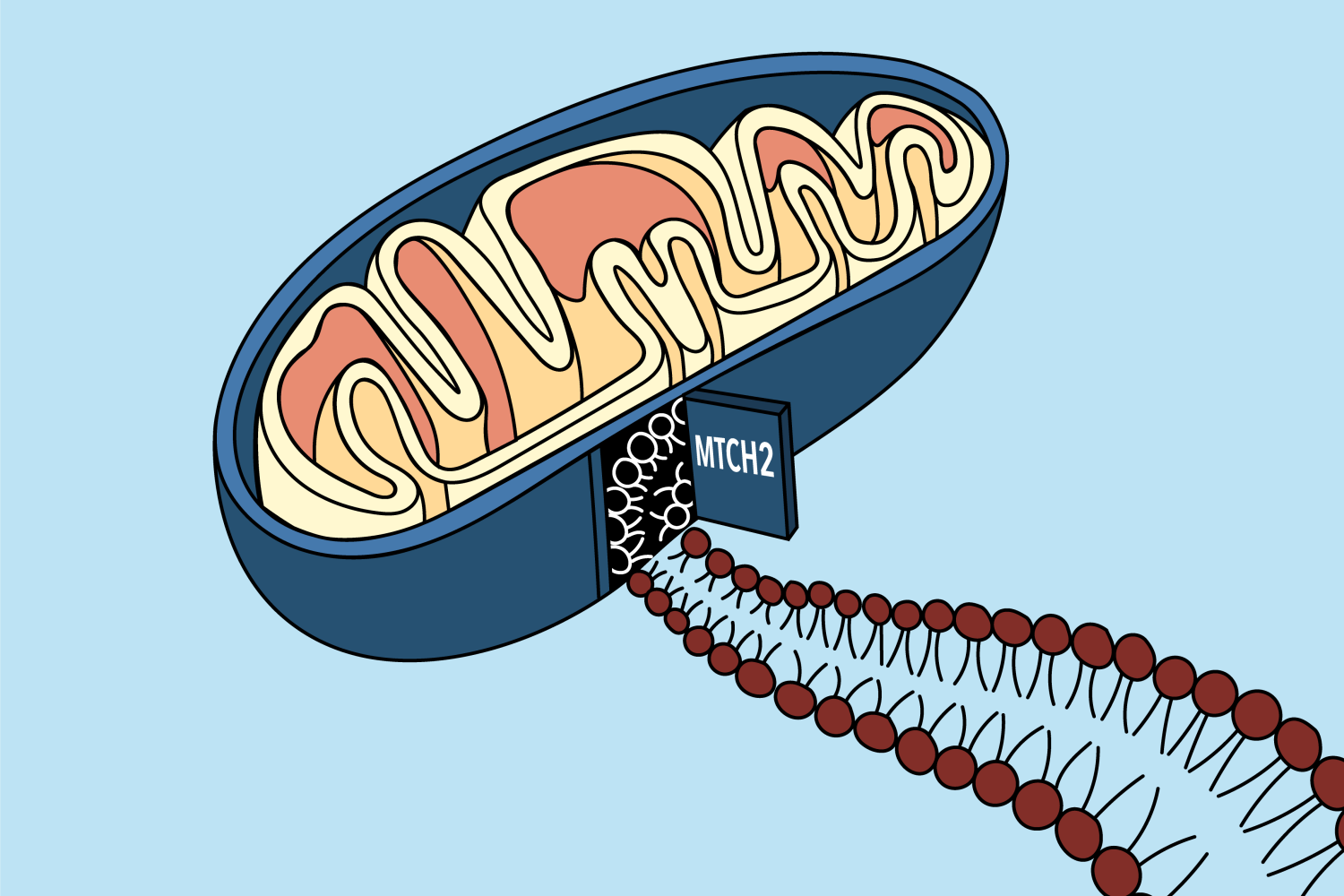
Mitochondria — the organelles responsible for energy production in human cells — were once free-living organisms that found their way into early eukaryotic cells over a billion years ago. Since then, they have merged seamlessly with their hosts in a classic example of symbiotic evolution, and now rely on many proteins made in their host cell’s nucleus to function properly. Proteins on the outer membrane of mitochondria are especially important; they allow the mitochondria to communicate with the rest of the cell, and play a role in immune functions and a…



